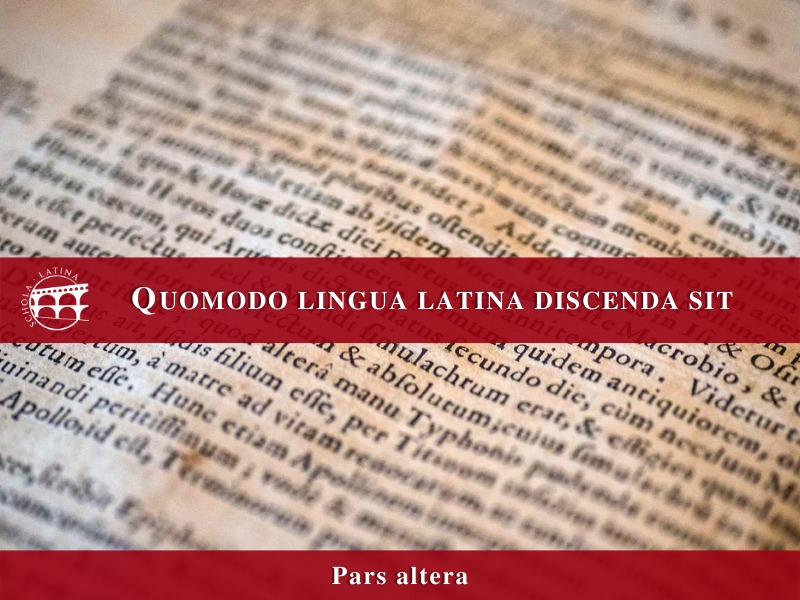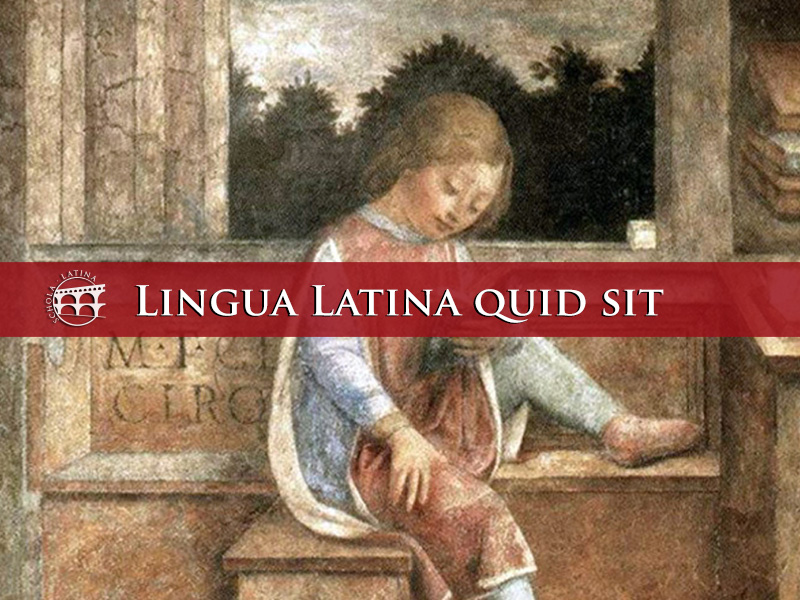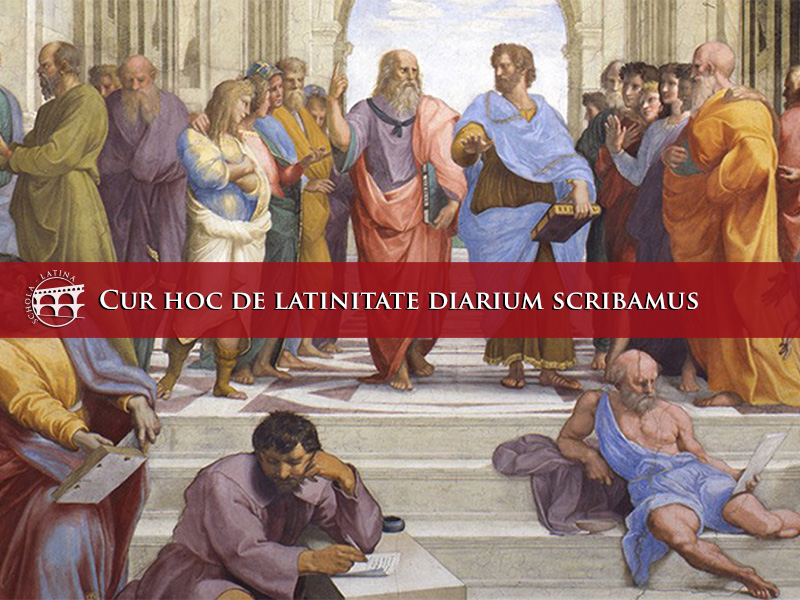How to learn Latin: ‘unum facere et aliud non omittere’ (pars altera)
Roberto Carfagni2023-12-03T19:47:20+01:00[This is the second part of the article; the first part can be read here.] The purpose of such a study is not—and I say this again so as not to be misunderstood—to go shopping in Latin or to use Latin as a living language, as one might English (which many people learn in order to take a plane or book a hotel, and not to read Shakespeare), but to reclaim for Latin its nature as a language, as described above, which has been denied to it for so long in favour of a written approach to language [...]












